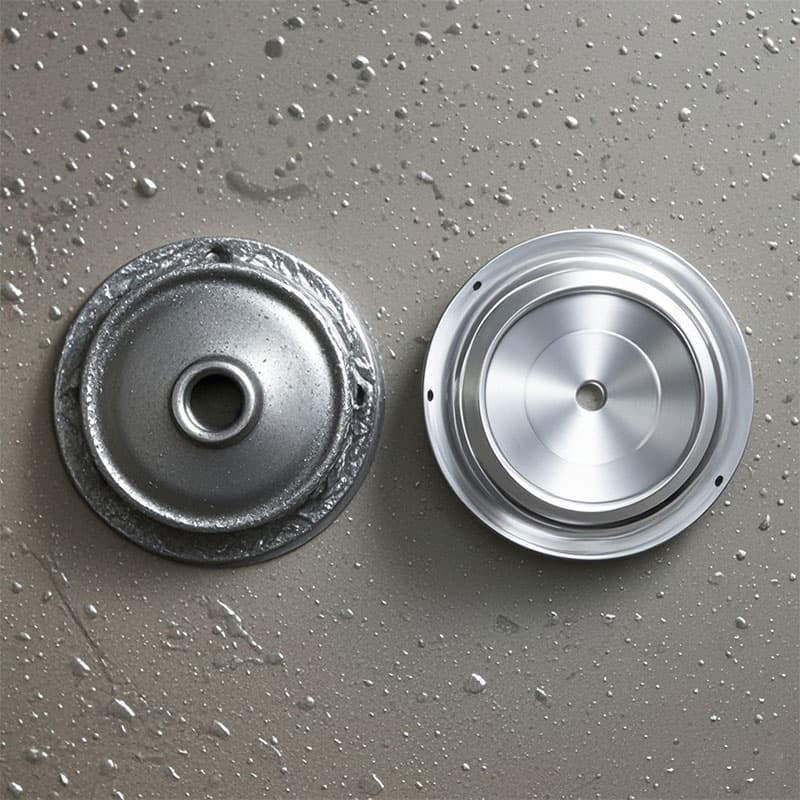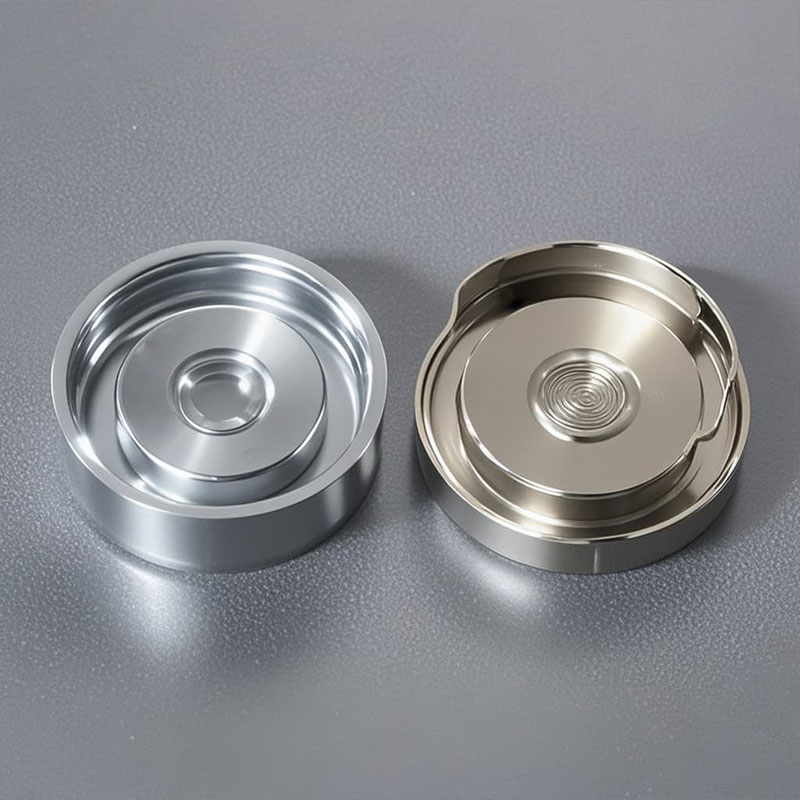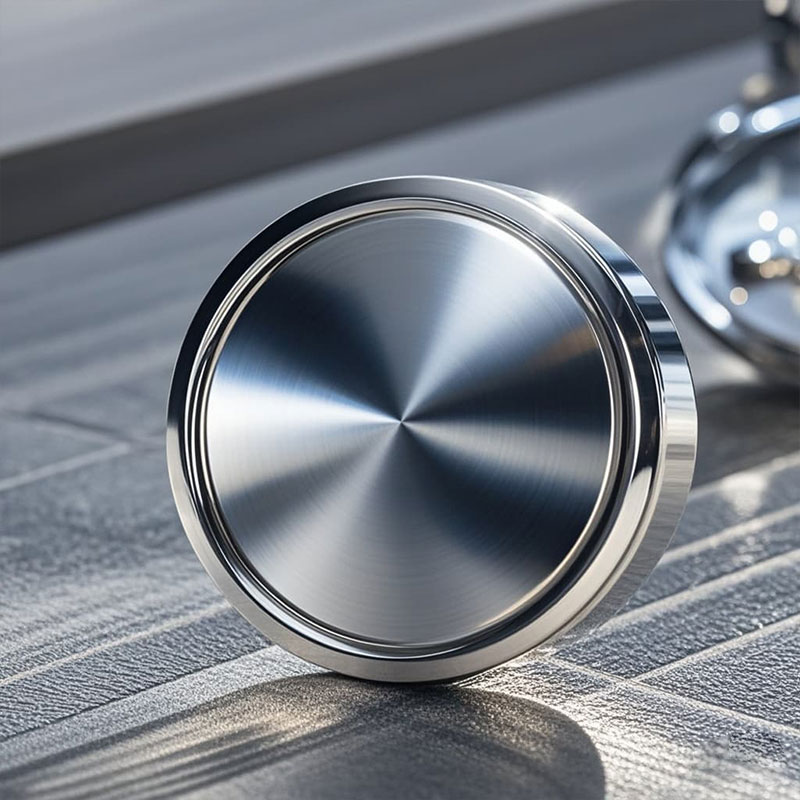In the production process of perfume caps, from the die-casting of roughcast parts by machines to the final exquisite finished products, the polishing process is truly a crucial step. The die-casted roughcast parts have a rough surface and lack luster. However, the polishing process can make the surface of the perfume cap extremely smooth as a mirror, instantly enhancing the product's high-end feel and quality sense. At the same time, it can highlight design details, making carvings, textures, and patterns clear and three-dimensional. It can also eliminate surface imperfections and enhance the overall texture.
Polishing is a processing technology that makes the surface of an object smooth, flat, and as bright as a mirror through mechanical, chemical, or electrochemical methods. In the manufacturing of perfume caps, polishing aims to remove imperfections, scratches, and unevenness on the surface of roughcast parts, improve surface finish, and enhance aesthetic appearance.

Polishing is roughly divided into the following four steps. Firstly, obvious defects and impurities are removed from the die-casted perfume cap roughcast part.
Then, coarser abrasives such as sandpaper or grinding wheels are used to conduct preliminary grinding on the roughcast part to remove the rough parts on the surface and larger scratches.
Secondly, finer abrasives such as grinding paste or polishing cloth are used to further grind the roughcast part. This step can make the surface of the cap smoother and reduce fine scratches and imperfections.
Finally, for polishing, a polishing machine or manual polishing tool is used, in combination with an appropriate polishing agent, to perform high-speed rotation or friction on the perfume cap to achieve an extremely high surface finish. After polishing is completed, the perfume cap is cleaned to remove the polishing agent and impurities on the surface, and then a beautiful cap is obtained.
In addition to polishing, electroplating can also achieve the effects of high gloss and high texture. So, what are the differences between them?

Polishing can highlight the characteristics and beauty of the material itself of the perfume cap, showing a natural and pure texture. The electroplating process mainly changes the appearance and properties of an object by depositing a layer of metal or alloy coating on the object's surface. It can give perfume caps various colors and metal textures, such as gold, silver, bronze, etc., and has strong decorative properties. However, the electroplating process has a higher cost, while the polishing process has a relatively lower cost. Polishing is not only more environmentally friendly but also has a relatively simple process and a shorter production cycle, which can quickly respond to market demands. The electroplating process, on the other hand, requires multiple complex procedures and has a longer production cycle.
If the polishing process is adopted, what shapes of caps can be used? Whether it is a cap with a simple geometric shape with clean lines or a complex cap with multiple textures, they can all be polished. For example, a simple modern style circular perfume cap will appear even whiter and brighter after polishing, giving people a clean and refreshing feeling. A cap with complex carved patterns will become clearer and more three-dimensional through polishing, making the entire design more gorgeous and noble.

At this point, you might as well try to think about the design of the cap using the polishing process. It can not only achieve the desired effect but also greatly reduce the development cost of the cap in the early stage.
Copyright © 2023 :Worldbound Precision Metal Products Co.,LTD